Marine Conservation Research Questions Ocean Effective Lessons Improve Steps Based Science Want
Marine conservation is a crucial field that focuses on protecting and preserving the world's oceans and marine ecosystems. It involves various research efforts, internships, and initiatives aimed at understanding and addressing the challenges faced by marine life and their habitats. If you are interested in marine conservation, there are numerous opportunities available worldwide that allow you to contribute to this important cause. In this article, we will explore different aspects of marine conservation and provide insights into various internships and research programs.
Marine Conservation, Research and Biology Internships Abroad

One of the most effective ways to gain hands-on experience in the field of marine conservation is through internships abroad. These programs provide opportunities for individuals to work alongside experienced researchers and conservationists while contributing to ongoing projects. Internships often focus on areas such as marine biology, ecology, and environmental science.
By participating in marine conservation internships abroad, you can learn about various research techniques, data collection methods, and conservation strategies. This experience allows you to develop practical skills and knowledge that are invaluable for a career in marine conservation. Furthermore, these internships often provide opportunities for cultural immersion, as you get to work in different countries and interact with local communities.
If you are passionate about marine conservation and want to make a positive impact on marine ecosystems, participating in internships abroad can be a rewarding and fulfilling experience. It allows you to contribute to important research and conservation efforts while expanding your horizons and gaining invaluable skills.
6 Lessons for Effective Science-Based Ocean Conservation
Ocean conservation is a complex and multifaceted field that requires a science-based approach to achieve effective results. Here are six important lessons to consider when engaging in ocean conservation:
1. Understanding Ecosystem Dynamics: To implement successful conservation measures, it is crucial to have a thorough understanding of ecosystem dynamics. This involves studying the interactions between different marine species, their habitats, and the environmental factors that influence them.
2. Promoting Sustainable Fisheries: Overfishing is a significant threat to marine ecosystems worldwide. Implementing sustainable fishing practices, such as setting catch limits and enforcing regulations, is essential for protecting fish populations and maintaining healthy ecosystems.
3. Reducing Pollution: Pollution, including plastic waste, chemical runoff, and oil spills, poses a significant threat to marine life. Adopting measures to reduce pollution, such as proper waste management and promoting alternative energy sources, is crucial for safeguarding our oceans.
4. Creating Marine Protected Areas: Establishing marine protected areas (MPAs) is an effective conservation strategy. These areas serve as sanctuaries for marine species, allowing them to thrive without the threat of human activities. MPAs help preserve biodiversity and support the recovery of threatened species.
5. Engaging Local Communities: Involving local communities in conservation efforts is essential for long-term success. Educating communities about the importance of marine conservation and involving them in decision-making processes promotes a sense of ownership and responsibility.
6. Embracing Collaboration: Collaboration among governments, scientific institutions, NGOs, and local communities is crucial for effective ocean conservation. By working together, various stakeholders can share knowledge, resources, and expertise, leading to more comprehensive and impactful conservation initiatives.
By applying these lessons, we can enhance our efforts to protect and preserve our oceans for future generations.
Marine Conservation Lab Report Instructions

Lab reports are an integral part of marine conservation research. They provide a structured format for documenting and analyzing data collected during fieldwork or experiments. Below are some instructions to follow when preparing a marine conservation lab report:
1. Title: Begin your lab report with a title that clearly summarizes the purpose or focus of your research.
2. Introduction: In this section, provide background information about the topic you are studying. Explain why your research is important and outline the objectives of your study.
3. Methods: Describe the methods and procedures you used to collect data. Be specific and include details such as the sampling techniques, equipment used, and data analysis methods.
4. Results: Present your research findings in a clear and organized manner. Use tables, graphs, or charts to visualize your data if appropriate. Describe any patterns or trends observed.
5. Discussion: Interpret your results and discuss their significance in relation to your research objectives. Address any limitations or uncertainties in your study and propose areas for further research.
6. Conclusion: Summarize the key findings of your study and emphasize their implications for marine conservation. Reflect on the broader implications of your research and suggest potential conservation strategies or recommendations.
7. References: Include a list of all the sources you cited or consulted during your research. Use a standardized referencing style, such as APA or MLA, to ensure consistency.
Following these instructions will help you structure your lab report effectively and present your research findings in a clear and concise manner.
Benefits of Marine Protected Areas - Save Our Seas Foundation

Marine Protected Areas (MPAs) play a crucial role in marine conservation efforts. They are designated areas in oceans, seas, or coastlines that are legally protected to conserve marine life and habitats. Here are some key benefits of establishing MPAs:
1. Biodiversity Conservation: MPAs help protect and preserve biodiversity by serving as havens for a wide range of marine species. They provide a safe space for marine life to reproduce, feed, and take refuge from human activities.
2. Ecosystem Restoration: By reducing or eliminating destructive activities such as fishing or mining, MPAs allow damaged ecosystems to recover. This restoration process promotes the return of key species and the renewal of habitats.
3. Sustainable Fisheries: Well-managed MPAs can contribute to the sustainability of fisheries. By providing refuge and protection for fish populations, MPAs support the replenishment of fish stocks, ensuring the long-term viability of commercial and recreational fisheries.
4. Climate Change Resilience: MPAs help build resilience to climate change impacts by maintaining healthy and diverse ecosystems. Healthy marine ecosystems are more resilient to disturbances such as rising sea temperatures, ocean acidification, and extreme weather events.
5. Scientific Research: MPAs provide invaluable opportunities for scientific research and monitoring. Researchers can study the different aspects of marine ecosystems, monitor changes over time, and assess the effectiveness of conservation strategies employed within the MPAs.
6. Education and Recreation: MPAs offer educational and recreational opportunities for visitors. They allow people to observe and learn about marine species and habitats, fostering a sense of appreciation for the marine environment and the need for its conservation.
Establishing and effectively managing MPAs is crucial for safeguarding our oceans and ensuring the sustainability of marine ecosystems for future generations.
Thailand: Marine Conservation & Research | Global Nomadic

Thailand is a popular destination for individuals interested in marine conservation and research. With its diverse marine ecosystems and stunning coastal landscapes, it offers a unique setting for participation in conservation initiatives. Global Nomadic provides an opportunity to join marine conservation and research programs in Thailand.
As a participant, you will have the chance to work alongside experienced marine biologists and conservationists, gaining hands-on experience in various aspects of marine ecology. The programs focus on areas such as coral reef conservation, marine biodiversity monitoring, and sea turtle research.
During your time in Thailand, you may participate in activities such as coral reef surveys, underwater clean-ups, and data collection on marine species. You will also have the opportunity to learn about Thai culture and interact with local communities, further enhancing your experience.
By joining the marine conservation and research program in Thailand, you can contribute to the preservation of the country's marine ecosystems and gain a deeper understanding of the challenges they face. This experience will not only allow you to develop your scientific skills but also make a positive impact on marine conservation efforts.
Marine Conservation Society - Conservation Organisations - CJ

The Marine Conservation Society (MCS) is a leading organization dedicated to protecting the UK's seas, shores, and marine wildlife. Established in 1983, the MCS works on various fronts to ensure the long-term health and sustainability of marine ecosystems.
The MCS operates through a combination of scientific research, policy advocacy, and public engagement. They conduct research to better understand marine habitats, document the impacts of human activities, and propose evidence-based solutions for conservation challenges.
As a conservation organization, the MCS plays a crucial role in shaping marine policies and legislation. They work with government bodies, NGOs, and stakeholders to advocate for sustainable fisheries, the establishment of marine protected areas, and effective pollution control measures.
The MCS also engages the public through educational campaigns, citizen science projects, and volunteer opportunities. They raise awareness about the importance of marine conservation and empower individuals to take action in their daily lives.
By supporting the Marine Conservation Society, you can contribute to the protection of the UK's marine environments and join a community of dedicated individuals working towards a common goal.
Careers in Marine Conservation: Research and Exploration | National

Marine conservation offers a wide range of career opportunities, particularly in research and exploration. If you are passionate about the ocean and want to make a difference, a career in marine conservation might be the right choice for you.
Researchers and explorers in marine conservation work on various projects aimed at understanding marine ecosystems, assessing environmental impacts, and developing conservation strategies. They may focus on specific areas such as coral reefs, marine mammals, or deep-sea ecosystems.
Careers in marine conservation require a strong foundation in scientific disciplines such as marine biology, ecology, or oceanography. Fieldwork, data collection, and analysis are integral parts of these careers, often involving diving, boat surveys, and remote sensing techniques.
Additionally, communication and collaboration skills are essential for marine conservation professionals. They need to work with diverse stakeholders, including scientists, policymakers, local communities, and NGOs, to develop and implement effective conservation plans.
Careers in marine conservation can be both challenging and rewarding. They offer opportunities to contribute to important scientific discoveries, make a positive impact on marine ecosystems, and inspire others to protect the oceans.
Marine Conservation Research Assistant - 5 weeks | Conservation Jobs

Conservation Jobs offers a rewarding opportunity for individuals interested in marine conservation research. The Marine Conservation Research Assistant program provides hands-on experience and training for aspiring marine biologists and researchers.
As a research assistant, you will work alongside a team of experienced scientists and conservationists, participating in various research activities. This may include data collection, species identification, underwater surveys, and laboratory analysis.
The program lasts for five weeks, during which you will gain practical skills and knowledge in marine conservation research. You will have the opportunity to contribute to ongoing projects and make a meaningful impact on marine conservation efforts.
Furthermore, the program offers the chance to work in diverse marine environments, ranging from coral reefs to seagrass meadows. This exposure allows you to develop a comprehensive understanding of different ecosystems and the conservation challenges they face.
By joining the Marine Conservation Research Assistant program, you will take a significant step towards a career in marine conservation. You will gain valuable field experience, network with professionals in the field, and make lifelong connections with like-minded individuals.
Volunteer — Large Marine Vertebrates Research Institute Philippines

The Large Marine Vertebrates Research Institute Philippines (LAMAVE) offers volunteer opportunities for individuals passionate about marine conservation. By volunteering with LAMAVE, you can actively contribute to the conservation of marine species in the Philippines.
As a volunteer, you may participate in various research and conservation activities, including the monitoring of whale sharks, sea turtles, and other large marine vertebrates. You will work alongside a team of researchers, assisting in data collection, photo-identification, and behavioral observations.
Volunteering with LAMAVE provides a unique insight into the marine biodiversity of the Philippines and the threats faced by these species. It also offers opportunities for cultural exchange, as you interact with local communities and learn about their traditional practices and conservation efforts.
By volunteering with LAMAVE, you can make a tangible difference in marine conservation and contribute to the long-term protection of endangered species. It is an enriching experience that allows you to deepen your understanding of marine ecosystems while actively participating in their preservation.
6.01 Marine Conservation Lab Report.docx - Title 6.01 Marine

In the field of marine conservation, lab reports play a crucial role in documenting and analyzing research findings. A marine conservation lab report typically follows a structured format that includes the following sections:
1. Title: The title should clearly indicate the focus or purpose of the lab report. It may include the names of the researchers, the date of the study, and a summary of the main findings.
2. Introduction: The introduction provides background information on the research topic
If you are looking for Marine Conservation Research Assistant - 5 weeks | Conservation Jobs you've came to the right page. We have 30 Images about Marine Conservation Research Assistant - 5 weeks | Conservation Jobs like Why is Marine Conservation So Important? - SearchScene Blog, Study questions Marine Bio and also (PDF) BOOK REVIEW | Marine Conservation: Science, Policy, and Management. Read more:
Marine Conservation Research Assistant - 5 Weeks | Conservation Jobs
 www.conservation-careers.com
www.conservation-careers.com conservation assistant careers costs dates
Thailand: marine conservation & research. Conservation ocean research effective lessons improve steps based science want
Why Is Marine Conservation So Important? - SearchScene Blog
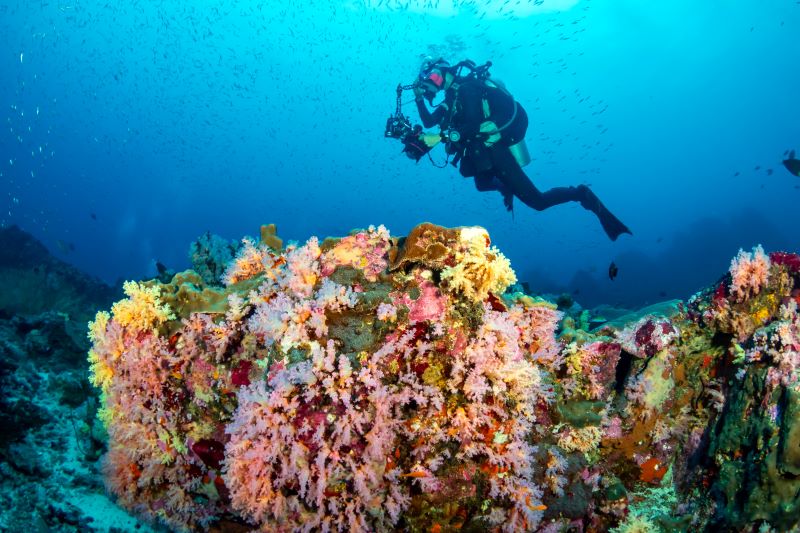 blog.searchscene.com
blog.searchscene.com conservation reefs
Thailand: marine conservation & research. Thailand: marine conservation & research
(PDF) BOOK REVIEW | Marine Conservation: Science, Policy, And Management
 www.researchgate.net
www.researchgate.net conservation policy marine management science book review
Marine conservation research. The importance of marine conservation as a dive professional
6.01 Marine Science.doc - Marine Conservation Lab Report Instructions
 www.coursehero.com
www.coursehero.com Conservation assistant careers costs dates. Marine seychelles safeguarding saveourseas
06.01 Marine Conservation Lab.docx.pdf - - [_6.01 Marine Conservation
 www.coursehero.com
www.coursehero.com Underwater marine conservation research assistant. Why is marine conservation so important?
(PDF) Marine Conservation: What And Why?
 www.researchgate.net
www.researchgate.net conservation marine why
The importance of marine conservation as a dive professional. Thailand: marine conservation & research
6.01 Marine Conservation Lab Report.docx - Title 6.01 Marine
 www.coursehero.com
www.coursehero.com docx
Conservation marine society sheet information. Benefits of marine protected areas
6 Lessons For Effective Science-Based Ocean Conservation | HuffPost
conservation ocean research effective lessons improve steps based science want
71 questions: a guide for marine conservation – shark research. 6.01 marine conservation lab report.docx
Careers In Marine Conservation: Research And Exploration | National
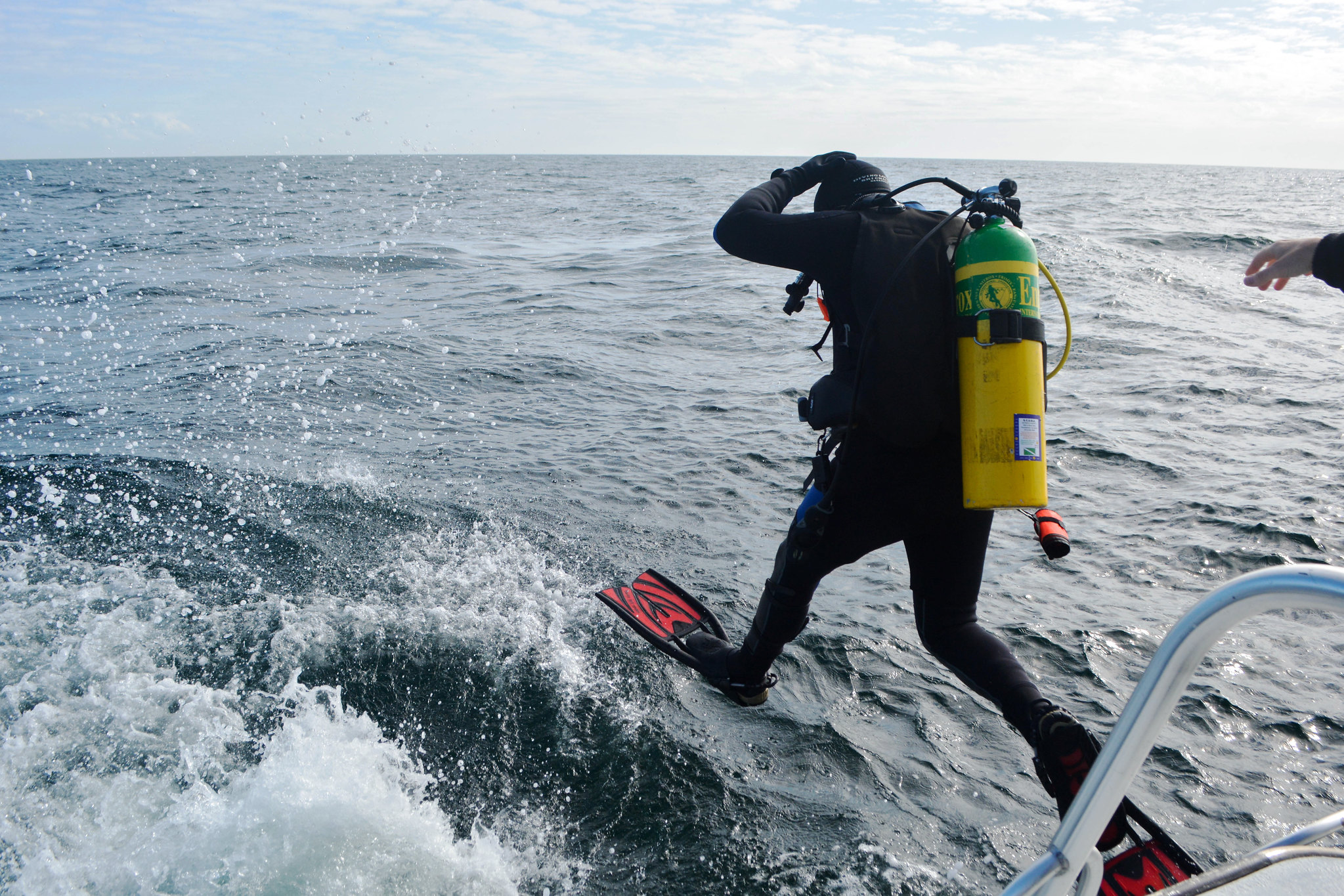 marinesanctuary.org
marinesanctuary.org sanctuary national reef
Information sheet. (pdf) marine conservation: what and why?
71 Questions: A Guide For Marine Conservation – Shark Research
 sharkresearch.rsmas.miami.edu
sharkresearch.rsmas.miami.edu conservation parsons
Study questions marine bio. Conservation earll
Volunteer — Large Marine Vertebrates Research Institute Philippines
 www.pinterest.com
www.pinterest.com vertebrates volunteer
Benefits of marine protected areas. (pdf) book review
Marine Conservation, Research And Biology Internships Abroad
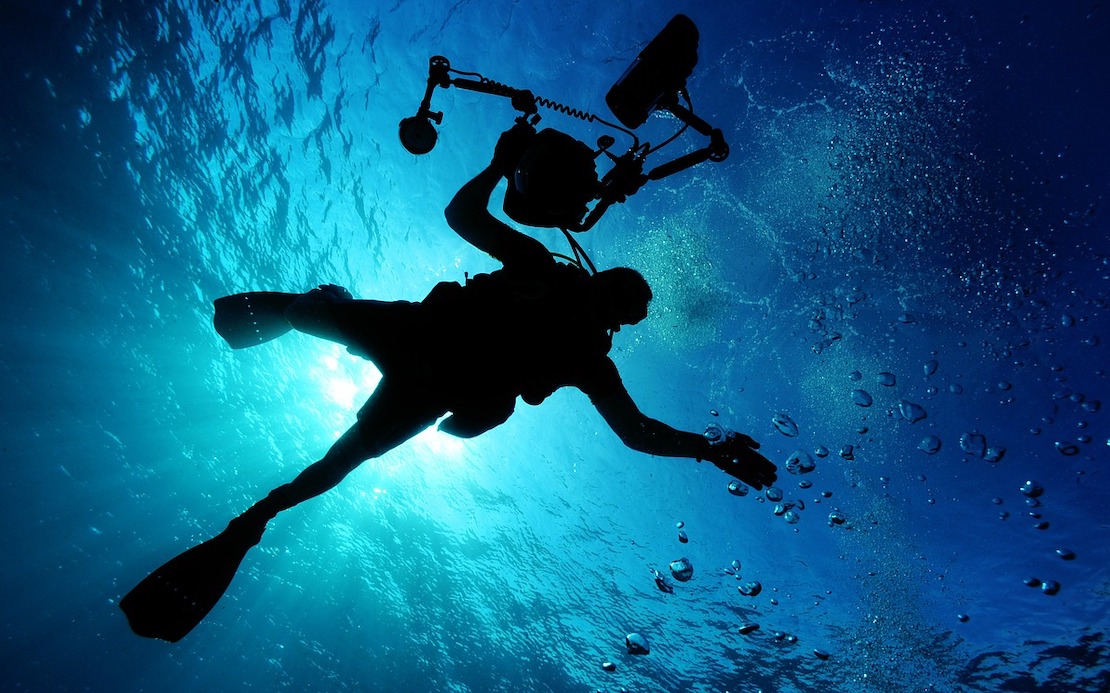 www.volunteerforever.com
www.volunteerforever.com marine biology conservation internships abroad research phuket scuba diving sites
Conservation marine thailand research abroad projects. Conservation ocean research effective lessons improve steps based science want
Thailand: Marine Conservation & Research | Global Nomadic
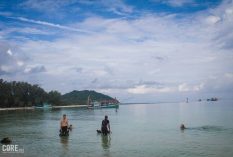 globalnomadic.com
globalnomadic.com marine research conservation thailand
71 questions: a guide for marine conservation – shark research. Marine conservation program – go eco
Benefits Of Marine Protected Areas - Save Our Seas Foundation
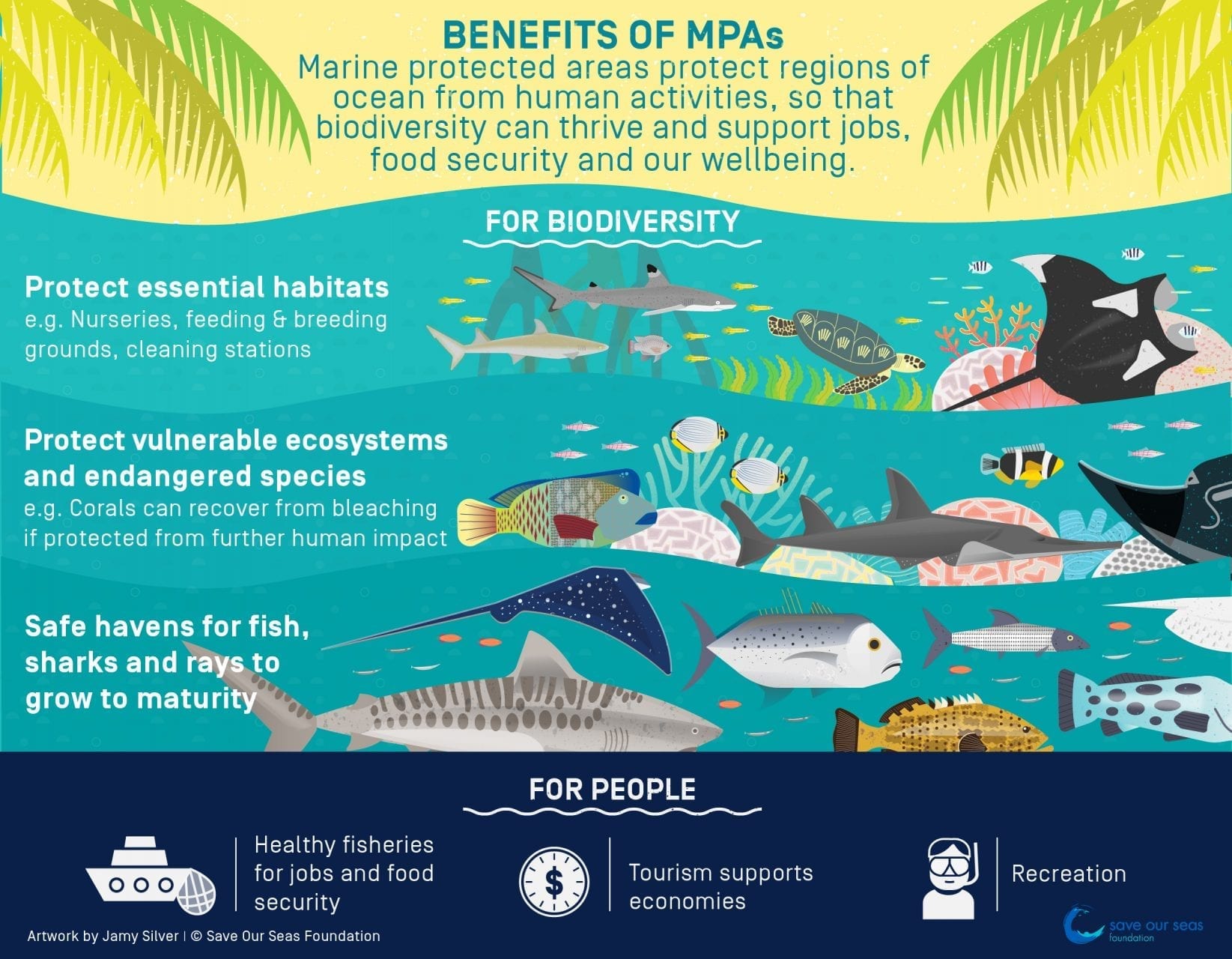 saveourseas.com
saveourseas.com marine seychelles safeguarding saveourseas
Pin on marine conservation infographics. (pdf) book review
Thailand: Marine Conservation & Research | Global Nomadic
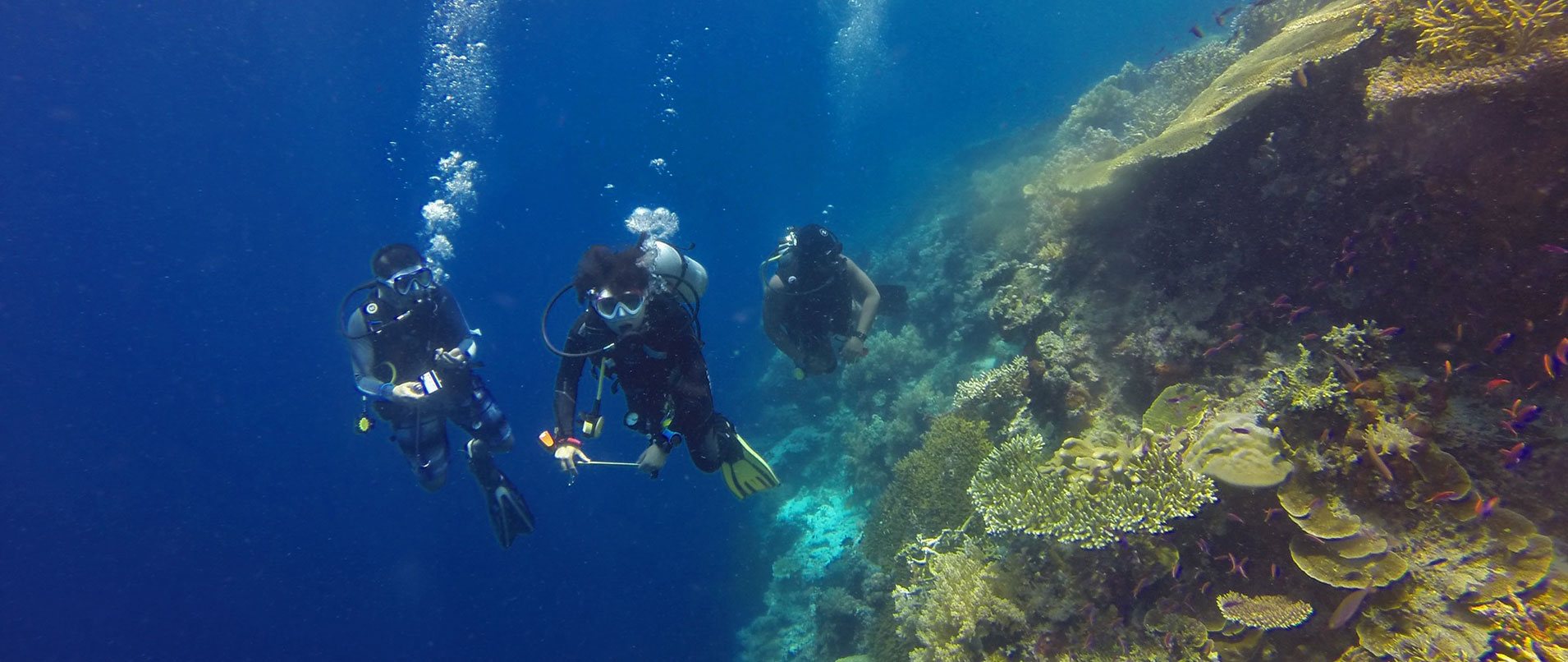 globalnomadic.com
globalnomadic.com conservation marine thailand research abroad projects
Volunteer — large marine vertebrates research institute philippines. Thailand: marine conservation & research
6.01 Marine Conservation Lab Report.docx - Title 6.01 Marine
 www.coursehero.com
www.coursehero.com lab conservation docx
Thailand: marine conservation & research. Thailand: marine conservation & research
Information Sheet - Marine Conservation Society
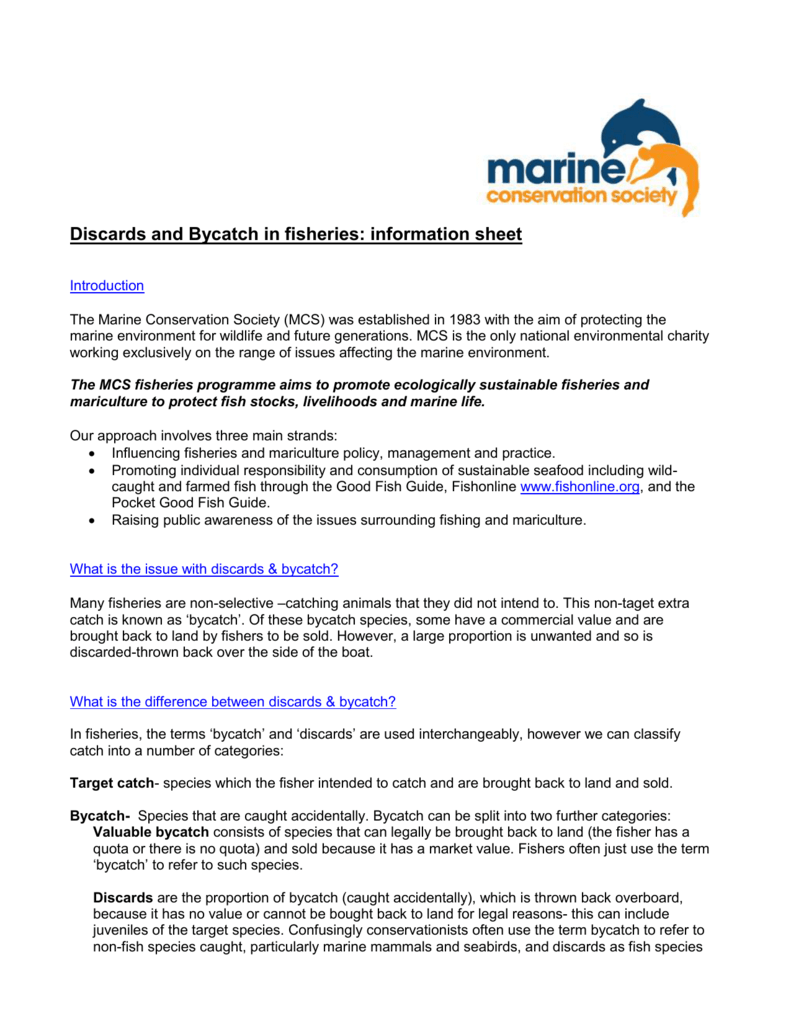 studylib.net
studylib.net conservation marine society sheet information
Marine conservation lab report. Conservation marine thailand research abroad projects
Underwater Marine Conservation Research Assistant - Cambodia | Marine
 www.pinterest.com
www.pinterest.com scuba
Conservation earll. Marine conservation lab report
Marine Conservation Program – Go ECO - Scuba Diving Costa Rica
conservation marine program eco go scuba diving rica costa
Lab conservation docx. Conservation parsons
Thailand: Marine Conservation & Research | Global Nomadic
 globalnomadic.com
globalnomadic.com marine research conservation thailand
Conservation marine why. Careers in marine conservation: research and exploration
Marine Conservation: People, Ideas And Action - Bob Earll
 pelagicpublishing.com
pelagicpublishing.com conservation earll
Marine research conservation thailand. Vertebrates volunteer
Study Questions Marine Bio
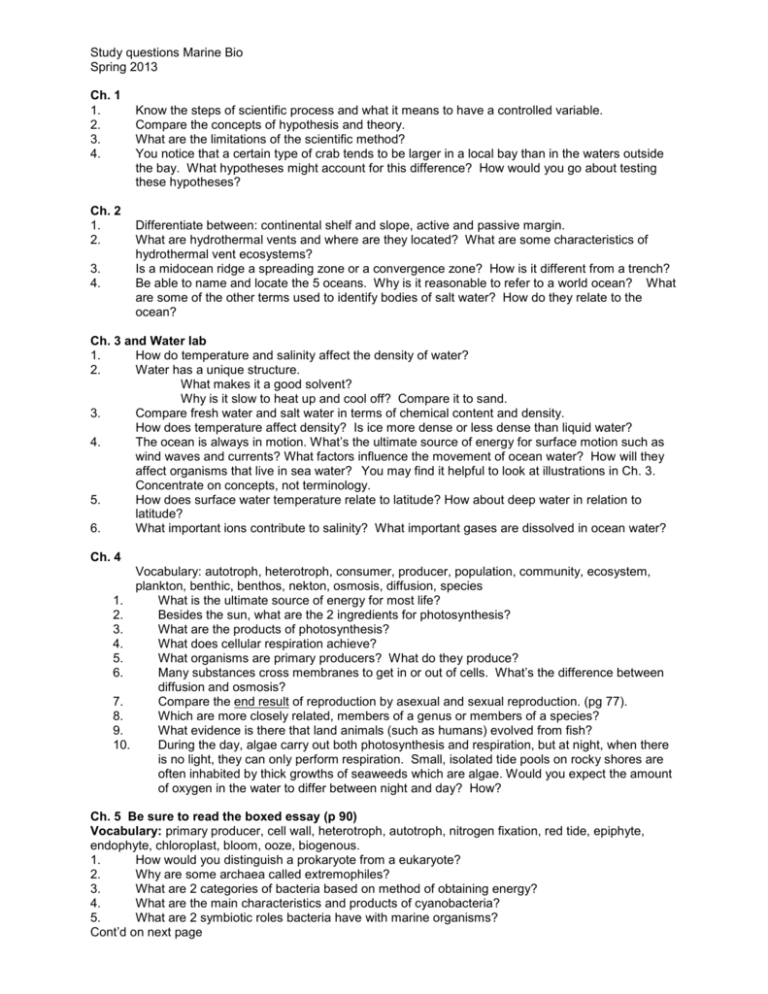 studylib.net
studylib.net marine
6 lessons for effective science-based ocean conservation. (pdf) book review
The Importance Of Marine Conservation As A Dive Professional
 idckohtao.com
idckohtao.com marine conservation dive importance professional maintain buoyancy mastering fragile neutral divers distance safe control
(pdf) book review. Marine conservation: people, ideas and action
Marine Conservation Society - Conservation Organisations - CJ
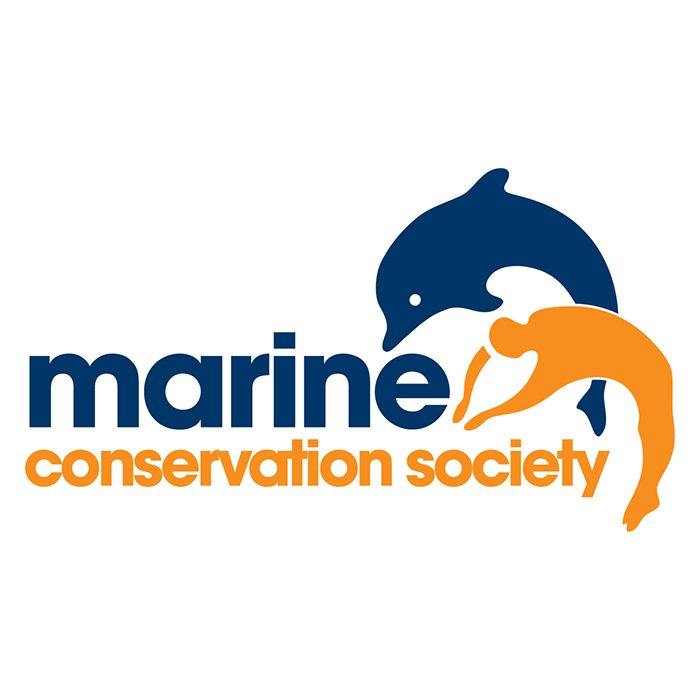 www.conservationjobs.co.uk
www.conservationjobs.co.uk conservation marine society
(pdf) book review. 06.01 marine conservation lab.docx.pdf
Thailand: Marine Conservation & Research | Global Nomadic
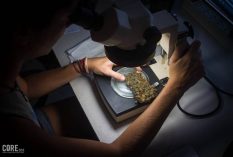 globalnomadic.com
globalnomadic.com marine research conservation thailand
Thailand: marine conservation & research. Marine conservation society
Marine Conservation Research - YouTube
 www.youtube.com
www.youtube.com marine conservation research
Marine research conservation thailand. Lab conservation docx
Pin On Marine Conservation Infographics
 www.pinterest.com
www.pinterest.com infographics
Marine biology conservation internships abroad research phuket scuba diving sites. (pdf) book review
Marine Science 6.01.pdf - Marine Conservation Lab Report Instructions
 www.coursehero.com
www.coursehero.com Volunteer — large marine vertebrates research institute philippines. (pdf) book review
6.01 Marine Conservation Lab Report.docx - Title: 6.01 Marine
 www.coursehero.com
www.coursehero.com marine conservation lab report
Sanctuary national reef. Conservation earll
Thailand: Marine Conservation & Research | Global Nomadic
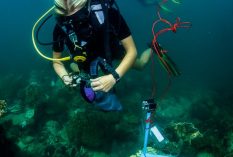 globalnomadic.com
globalnomadic.com thailand marine research conservation
6.01 marine conservation lab report.docx. Pin on marine conservation infographics
Benefits of marine protected areas. 6.01 marine science.doc. Conservation marine society
Post a Comment for "Marine Conservation Research Questions Ocean Effective Lessons Improve Steps Based Science Want"